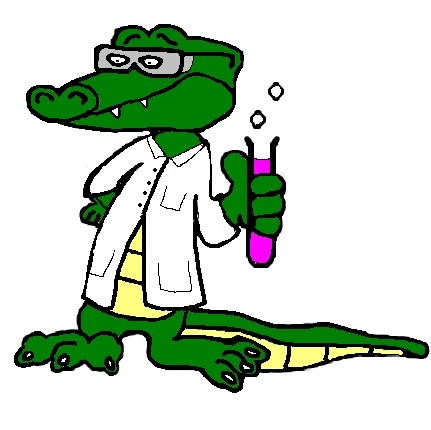What is mass number equal to?
1 Answer
The total number of nucleons - protons and neutrons - in the nucleus of an atom is called the Mass Number.
For example, the most common isotope of fluorine has an atomic number of 9 and a mass number of 19.
The atomic number tells us there are 9 protons in the nucleus (and also 9 electrons in the shells surrounding the nucleus).
The mass number tells us the nucleus contains 19 particles in total. Since 9 of these are protons, the other 10 are neutrons. We call it the mass number because virtually all the mass in an atom comes from the protons and neutrons - electrons weigh about 1/2000th of the mass of a proton or neutron.
 )
)


